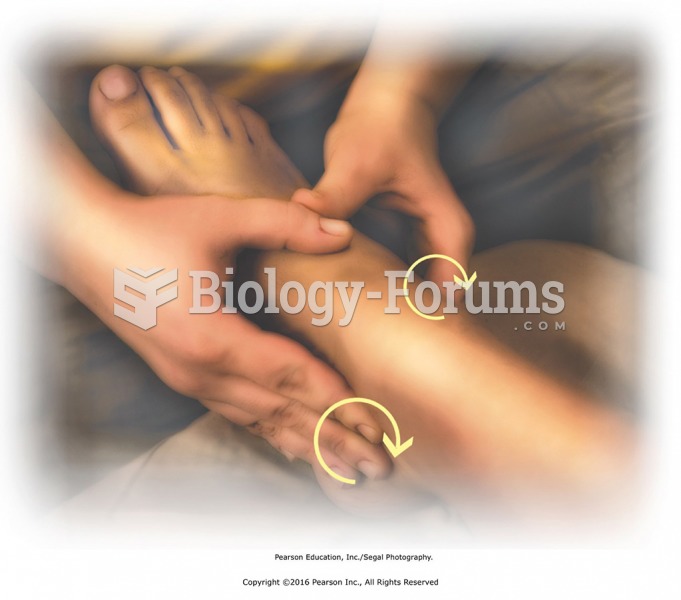Answer to Question 1
ANS: B, C
Data collected from medical records, laboratory, and diagnostic test results, or physical assessments are objective. Objective data (i.e., signs) consist of observable information that the nurse gathers on the basis of what can be seen, measured, or tested. Subjective data (i.e., symptoms) are spoken. Patients' feelings about a situation or comments about how they are feeling are examples of subjective data. Data shared by a source verbally are considered subjective. Subjective data may be difficult to validate because they cannot be independently and objectively measured.
Answer to Question 2
ANS: D
Nurses use critical-thinking skills to guide decision making and to solve problems. The scientific method, one approach to problem resolution, is systematic, logical, and based on data collection and hypothesis testing. The steps include (1) identification of the problem, (2) definition or clarification of the problem, (3) statement of the problem, (4) determination of criteria for evaluation, (5) data collection, (6) generation of solutions, and (7) hypothesis testing. Interpretation is used to understand and explain the meaning of data. Analysis includes investigating plans of action on the basis of examination of subjective and objective data. Evaluation occurs when information, including the reliability, credibility, and bias of the source, is assessed. Nurses also evaluate when determining whether the desired outcome for an intervention was achieved. Recapping the needle is not part of the desired outcome. Inference leads to accurate conclusions that are based on sound reasoning.







